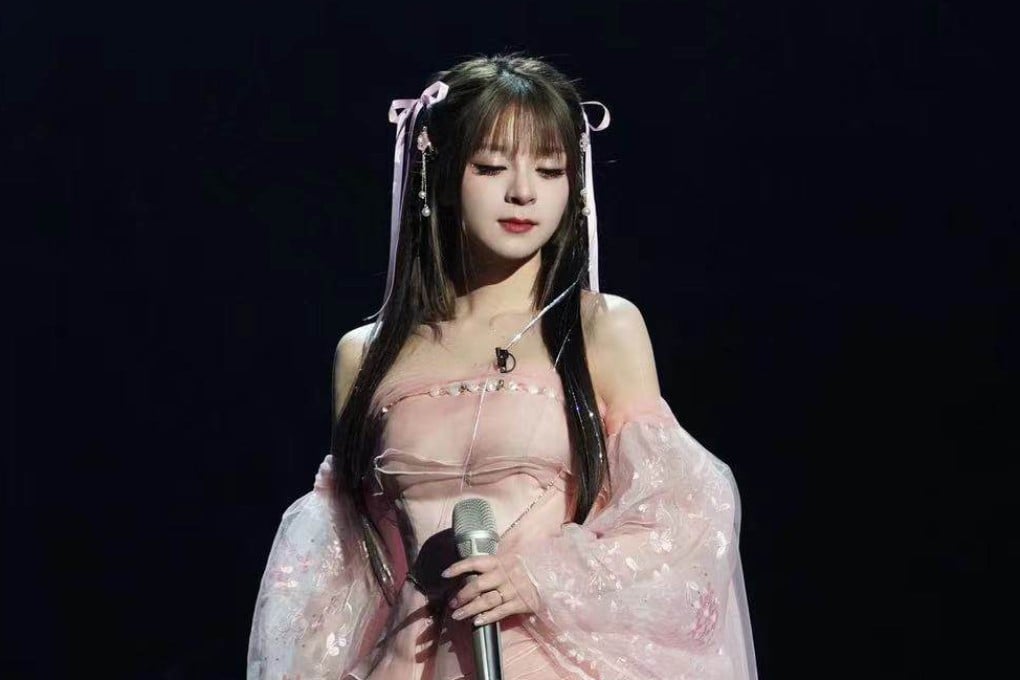Japanese anime pop star Mai Mizuhashi skirts nationalism to build Chinese fan base on Ride the Wind reality show
- The latest season of the pop idol TV show is its most diverse, featuring contestants from Russia, Vietnam, South Korea, Germany and the US
- Chinese embrace Japanese culture selectively and see anime, comics and games favourably despite downturns in the nations’ relationship, says academic

A Japanese singer’s explosive popularity in China after appearing on a top Chinese music show proves that Chinese audiences can separate culture from geopolitics, despite international tension and growing online nationalism, according to analysts.
Mizuhashi’s first showcase in China was praised and celebrated by netizens on Weibo, a microblogging site where nationalistic sentiments are often kindled, particularly in discussions involving the likes of Japan and the United States.
According to interdisciplinary media scholar Sheng Zou, who teaches at Baptist University, Japanese culture is selectively embraced in China and ACG has been received favourably for decades despite downturns in the China-Japan relationship.
“Cultural exchanges between the two countries have never stopped [despite political tensions],” Zou said. “They are initiated and maintained by non-state-affiliated actors, like civil organisations, commercial media and citizens themselves.”
